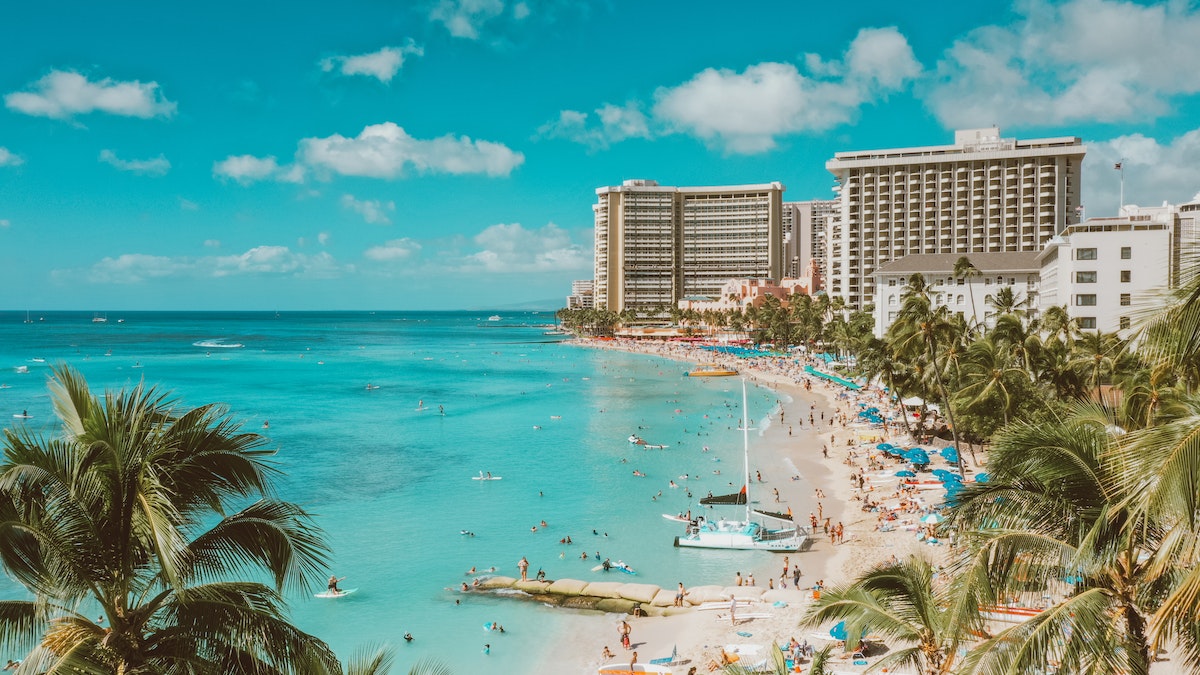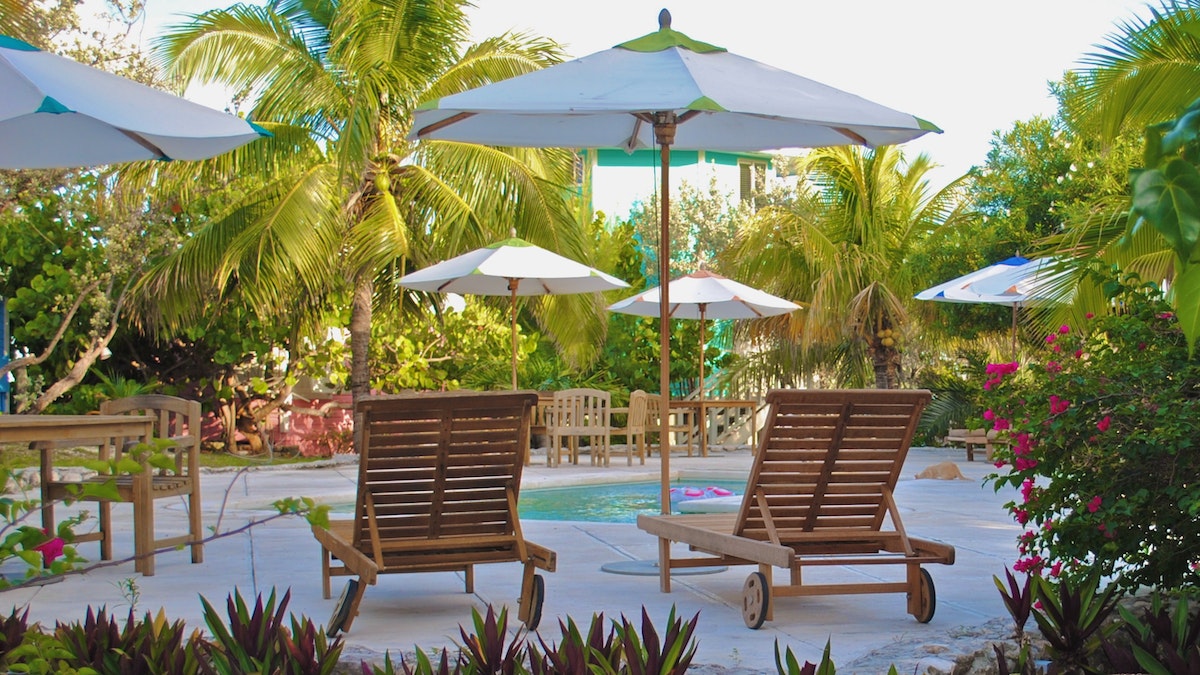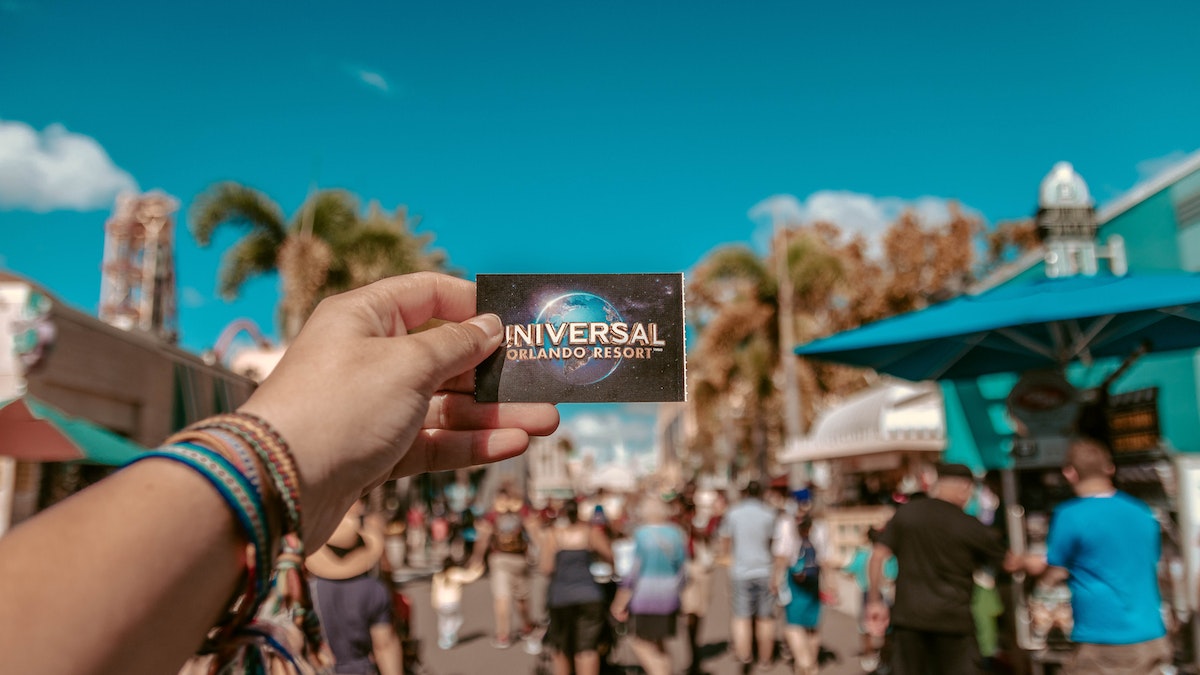In the past ten years, the proportion of foreign residents living in Portugal has grown by 40%. Lisbon and the Algarve have become a magnet for digital nomads, retirees and families searching for a life in the sun.
Visitors from around the globe have woken up to the fact that this small country, on the edge of Europe, has an awful lot going for it and the Portuguese government has been smart enough to make things as easy as possible for foreign arrivals.
That said, relocating to a foreign country is a serious undertaking and one which needs thorough preparation, so here are some points for your consideration.
Table of Contents
Visa requirements
E.U. citizens will simply need to request a registration certificate for stays longer than three months, but anyone else will require a ‘residency visa.’ This can be obtained by applying directly to the Portuguese Immigration service, at least sixty days in advance of your intended arrival.
You will require health insurance, proof of accommodation, evidence that you are able to support yourself and the absence of a criminal record. A variety of visas are available: a work visa, a study visa, a professional training visa, a family reunion visa, a retirement visa and a golden visa.
This last visa entitles foreign purchasers of property, in excess of 500,000 euros, to residency rights and a full passport in five years.
House costs
The golden visa scheme turned Lisbon and the Algarve into a European property hotspot and prices have risen steadily, year on year, although it still represents some of the cheapest inner-city property on the continent. Since January 2022, the golden visa scheme has been restricted to the interior of the country.
By using Imovirtual’s property barometer you can track price fluctuations in the different areas of the country. Currently, the ancient city of Guarda is the most affordable area of the country in which to buy property.
Day to day living costs
Before relocating you need to be confident that once you have made the move, you will be able to sustain your lifestyle. The south of the country is famed for a dependable 300 days of sunshine a year, which means that heating costs are minimal, and life can be lived outdoors. The real bonus though, is Portugal’s impressively low cost of living, one of the cheapest in Europe.
Job opportunities
Twenty per cent of Portugal’s GDP derives from tourism and as recent years have shown us, that can be a vulnerable source of income. Ensuring that you will be able to earn an income in Portugal, before you relocate, is crucial. If you are able to work digitally, then Lisbon is well set up with co-working hubs, but if you hope to pick up casual labour, expect low wages and plenty of competition.
Work/life balance
The church and the family are at the centre of what to outsiders will seem like an old-fashioned, traditional society. Manners and respect for authority are considered important, as is making time for leisurely lunchtime meals and the simple pleasures of life.

Alex is fascinated with “understanding” people. It’s actually what drives everything he does. He believes in a thoughtful exploration of how you shape your thoughts, experience of the world.



